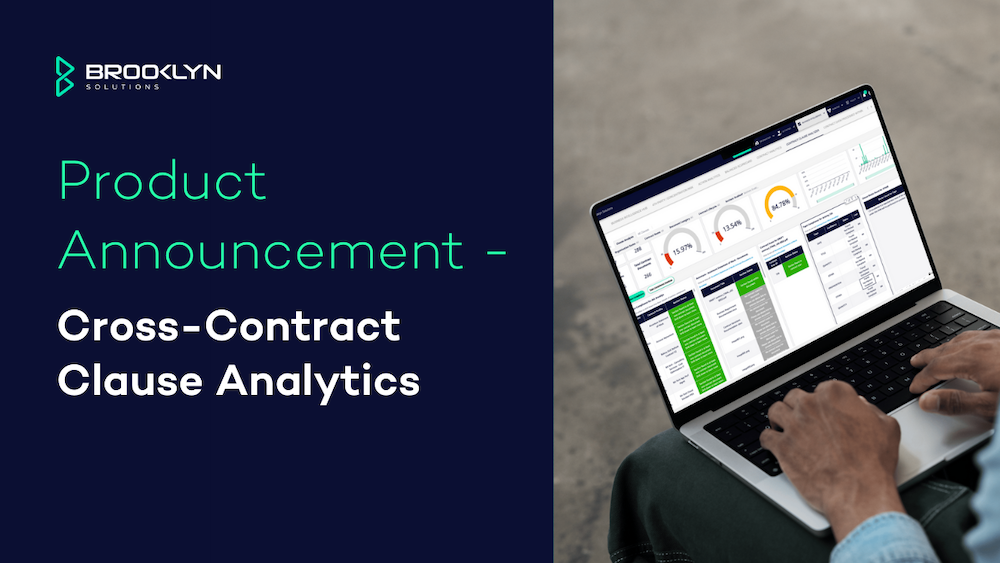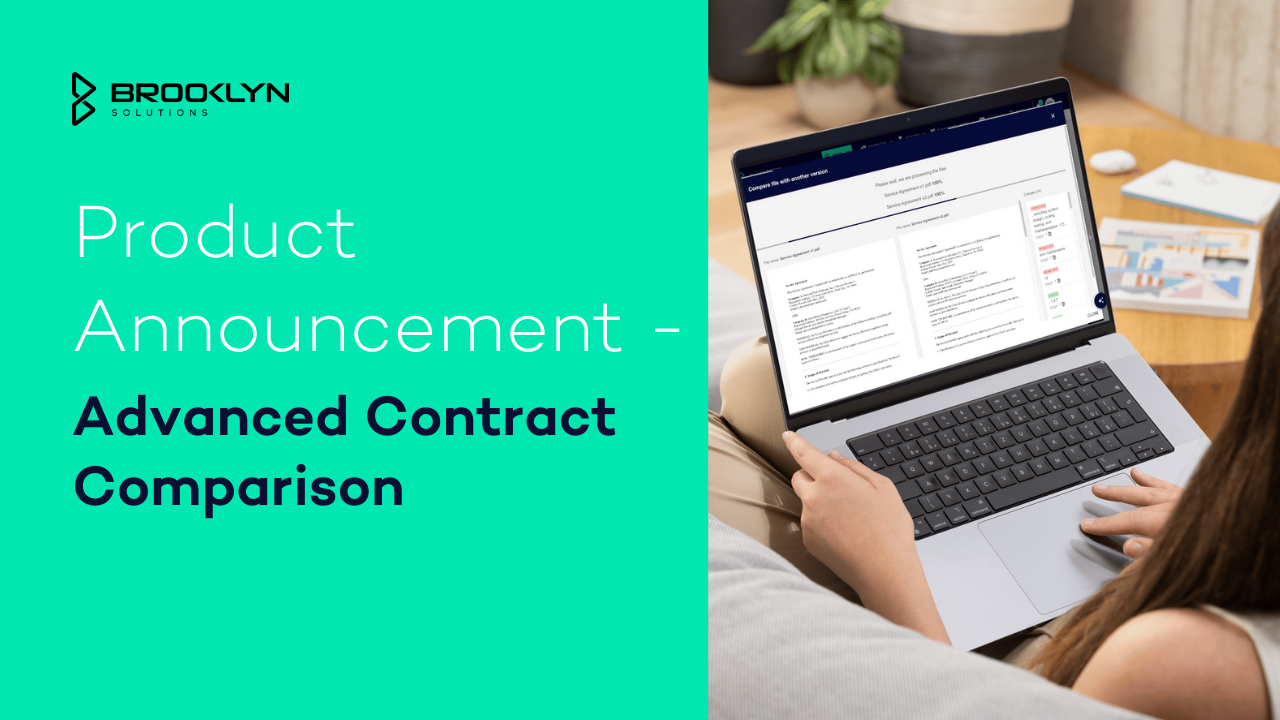In today’s rapidly evolving business landscape, effective customer/supplier management has become a strategic necessity. Contract Lifecycle Management (CLM) is no longer the sole focus; instead, organisations are embracing Commercial Value Management (CVM). While traditional tools have streamlined procurement and contract creation, they often overlook the critical post-contract phase.
In this blog, we’ll delve into this paradigm shift and explore why a comprehensive, multidisciplinary approach to post-contract value management is gaining traction.
Traditionally, CLM was a legal-centric process, primarily concerned with drafting, compliance, and risk mitigation. However, the modern understanding acknowledges that a contract’s true worth unfolds after execution, giving rise to the concept of CVM.
CVM represents a significant departure from traditional practices, extending beyond contract drafting and negotiation to emphasise value extraction throughout a contract’s lifecycle. It ensures that contractual commitments translate into tangible commercial value, bridging gaps where traditional CLM, S2P, and CRM fall short, addressing challenges such as ongoing performance monitoring, risk management, and the extraction of commercial value.
One driving force behind the shift to CVM is the recognition that companies’ are drowning in static data. While data collection methods have improved, collecting data alone doesn’t generate value. Businesses now focus on converting data into meaningful insights to enhance decision-making, and CVM is the answer.
In the realm of CVM, data takes centre stage. Firms are harnessing data from diverse domains, like procurement, risk management, and compliance. By integrating these datasets into a unified perspective, they can make informed, holistic decisions regarding customers and suppliers.
Crucial to CVM is the focus on contractual obligations. Contracts often contain intricate commitments, and a CVM approach treats these obligations as invaluable data points. Post-contract management enables effective monitoring and management of these commitments, ultimately driving commercial value.
Transitioning successfully from CLM to CVM demands a multidisciplinary approach. It requires different departments, such as legal, procurement, and risk management, to work collaboratively, breaking down silos for effective contract management.
While risk management remains vital, CVM places strong emphasis on performance. Businesses now assess the success of a contract by evaluating factors such as cash flow, value generation, and long-term sustainability. This performance-driven approach significantly contributes to the bottom line.
The journey from CLM to CVM continues to be transformative. Businesses increasingly recognise the importance of prioritising post-contract value management. The future of CVM lies in the application of advanced technologies, enabling organisations to convert data into actionable insights and unlock the full potential of their contracts.
Moving forward, CVM is poised to become the standard in contract management. This evolution mirrors the growing understanding that genuine commercial value arises from diligent post-execution contract management. By embracing a multidisciplinary approach, focusing on performance, and leveraging advanced technologies, businesses can unlock the complete potential of their contracts and achieve sustained success in a rapidly evolving business environment.
Brooklyn Solutions is a best-practice SaaS platform empowering forward-thinking organisations to optimise Customer-Supplier management. Streamline your post-contract management to enhance value, and reduce risk whilst focusing on Commercial Value Management. Strategically transition to CVM today with a demo of the Brooklyn platform.



